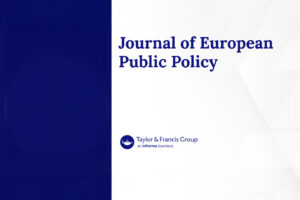
The views expressed are those of the author and do not represent the views of the SNF Agora Institute or Johns Hopkins University.
Author: Adam Sheingate
Political scientists have long used agriculture to study interest group politics. For pluralists like Truman (Truman 1955), farmers were typical of ‘pressure groups’ that formed and pursued their interests through politics. For critics of pluralism, such as Theodore Lowi and Grant McConnell, agriculture illustrated the tendency for narrow interests to capture the policy process and exert control over federal programs that benefit them directly (Lowi 1969; McConnell 1966). Through the 1960s, in fact, agriculture stood out as an archetypal iron triangle: a highly compartmentalized policy domain jointly managed by a peak association of farmers, agriculture committees in Congress, and the US Department of Agriculture (Maass 1951)
